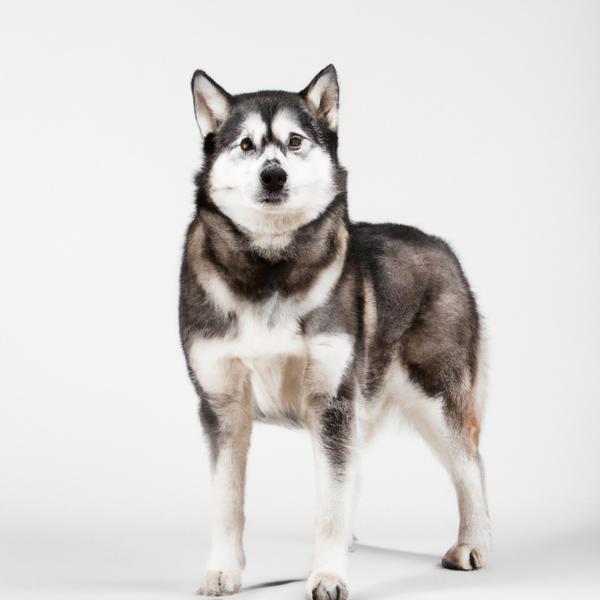
Huskita Breed Information & Characteristics
Hypoallergenic
Are Huskitas Hypoallergenic?
Unfortunately, the Huskita is not hypoallergenic, making it not a good choice for a dog lover who suffers from pet allergies.
Temperament
What is a Huskita personality? What are Huskita dogs best known for?
Dignified
Independent
Protective
Alert
Courageous
Intelligent
Friendly
Outgoing
Responsive
Docile
Gentle
Faithful
Vigilant
Willing
Shedding Level
Are Huskitas heavy shedders? How Much Does a Huskita Shed?
Huskita dogs are extremely heavy shedders, they will lose a large amount of hair each year. To decrease the amount of shedding, you can regularly brush your Huskita.
Watchdog Ability
What is the watchdog ability of a Huskita dog?
Huskitas are not the best watchdogs. If you want a guard dog, the Huskita is not the breed for you. They will 'watch' everything - but that's usually as far as they go.
Origin
Where do Huskitas come from?
United States
Ancestry
What are Huskitas descended from?
Akita, Siberian Husky
Breed recognition
What organizations or kennel clubs recognize/register the Huskita breed?
DRA = Dog Registry of America, Inc.
Date of Birth
When were Huskitas first bred? How old is the Huskita breed?
1990s
Eye Color Possibilites
What color are Huskita eyes?
Brown
Nose Color Possibilites
What color can Huskita nose be naturally?
Black
Coat Color Possibilites
What color can Huskita coat be naturally?
White
Black
Gray
Red
Sable
Brown
Fawn
Silver
Coat Length
How long is a Huskitas coat?
The coat of a Huskita falls in the medium length category.
Coat Density
How Dense Is The Huskita Coat?
Coat Texture
What is the texture of the hair of a Huskita?
Straight
Litter Size
How many puppies can a Huskita have in a litter? How many puppies can a Huskita have in her first litter?
A Huskita can have a litter of 3-12 puppies on average. However, it's worth noting that the size of the litters can vary greatly. Factors that can influence litter size include the health of the mother, breeding history, and genetics.
Adaptability
Huskitas are known for their adaptability and versatility, they are capable of adapting well to a wide range of lifestyle changes and living environments. They are a highly adaptable breed, and make great companions for families and individuals of all lifestyles.
Health Issues
Do Huskitas have a lot of health problems?
The Huskita is generally considered to be healthy. However, like all breeds, they are susceptible to certain health issues and it is important to keep an eye out for them and address them with your veterinarian as needed.
Major Concerns
What are the major health concerns to be aware of when owning a Huskita?
Hip Dysplasia
Epilepsy
Bloat
Hemophilia
Laryngeal Paralysis
Autoimmune Thyroiditis
Progressive Retinal Atrophy (PRA)
vonWillebrand’s Disease
Minor Concerns
What are the less significant issues to keep in mind when it comes to Huskitas?
Elbow Dysplasia
Pemphigus
Sebaceous Adenitis
Zinc Responsive Dermatosis
Occasional Tests
What are the occasional tests recommended for Huskita breed?
X-Rays
Blood Tests
Internal Imaging (x-ray, CT scan, MRI, etc.)
Buccal Mucosal Screening
Physical and Neurologic Examination
Skin Scrapings and Biopsies
Orthopedic Exam
Ocular Exam
Abdomen and Blood Tests
Throat Exam
Coagulation Analysis
Energy
Do Huskitas have a lot of energy?
For those who lead a balanced lifestyle, Huskitas may be a good choice as they have an average energy level.
Social Needs
Do Huskitas need socialization? How social are Huskitas?
Huskitas have average social needs compared to other breeds. They are known to be less active and independent than other breeds, and they are content with spending time alone and with their human family.
Exercise Needed
How much exercise should Huskitas get?
The Huskita dog requires a moderate amount of physical activity to maintain a healthy lifestyle. These breeds are ideal for people who have a moderate amount of time to devote to their pet and enjoy regular physical activity themselves. They also make great family pets as they have the energy to keep up with children and the temperament to be great companions.
Sleeping Need
How much sleep should a Huskita have? Do Huskitas sleep a lot?
Huskitas dogs are tend to sleep less than other breeds, but they still require adequate sleep to maintain good health.
Tendency to Bark
How much does it bark?
Huskita dogs tends to bark less frequently than most other dogs. They tend to be quieter and less vocal than other breeds. They may only bark when necessary, such as to alert their owner of something or to communicate something. They do not bark excessively, and may not bark as much as other dogs in certain situations, such as when they are left alone.
Mouthiness
Are Huskitas mouthy?
Roaming urge
What is the likelihood of a Huskita running away? Do they have a tendency to explore or wander frequently?
Prey Drive
Do Huskita dogs have a high prey drive?
Past times
What do Huskitas enjoy doing? How do I keep my Huskita busy?
Walk, Tug-of-war, Hike, Play, Playing catch, Walking, Rambling, Hide & Seek, Ball games, Nap time, Throwing a ball, Play keep away, Fetch, Chasing around, Run, Cuddles, Jogging, Play time, Playtime, Swim, Tracking, High Five, Speak, Shake
Activity Level
What is the energy level of a Huskita? How much energy does a Huskita have?
Huskitas are high-energy dogs. They need mental as well as physical exercise. These dogs require a lot of your involvement and without it they can, and will, become problematic dogs.
Tolerance of being left alone
Walks per Week
How far should a Huskita walk each week? How many miles should a Huskita walk every week?
There's really no limit to how far you walk your dog as long as they're comfortable. For Huskita, it's at least 14 miles / week. Just remember to build distance and stamina gradually over time.
Activity per Day
How much a Huskita should exercise a day? How much activity does a Huskita need?
In general most Huskitas usually need at least 90 minutes of exercise daily. This can be spread across the day and include all sorts of high-energy activities, like walking, running and playing.
Grooming
What level of grooming should be provided for a Huskita?
The Huskita is a breed of dog that requires an average amount of grooming effort.
Brushing Frequency
How often should you brush a Huskita?
Huskita should be brushed at least once a week. Of course you can give them more frequent brushes if you find that they are still shedding a lot
Brushing Tools
What are the most commonly used brushing tools for Huskitas?
Pin Brush
Comb
Nail Clipper
Cups
How many cups of food does a Huskita eat?
For an average 60-75 pound (27 - 34 kg) Huskita feed 3 cups daily. But, keep in mind, the amount you feed is going to be dependent on the quality of the food you are feeding.
Daily Cost
How Much Does a Huskita Cost Daily?
The average cost of a Huskita is somewhere $2.10 - $2.70 per day.
Monthly Cost
How Much Does a Huskita Cost Per Month?
The average per month expenses of a Huskita is between $55 - $73. This makes an average of $660 - $876 per year. It will be on the higher side when the dog is still small because it will need more frequent visits to the vet, shots.
Intelligence
How intelligent is a Huskita?
Huskitas has average obedience intelligence. But, they're also independent thinkers. The Huskita is a breed with an exceptionally high IQ and may get into mischief if left to their own devices.
Sensitivity Level
How sensitive is a Huskita dog?
This dog breed is particularly attuned to its environment and the emotions of those around it. It can be easily overwhelmed by loud noises, new environments, and unfamiliar people or animals. This dog is best suited for individuals or families who are patient, gentle, and understanding of its sensitive nature. It may also benefit from a calm and stable home environment, with a consistent routine and plenty of positive reinforcement training.
Affection Dependance
Are Huskita dogs affectionate?
Apartment Friendly
Do Huskita do well in apartments? Are Huskitas good indoor dogs?
The Huskita is an apartment-friendly dog breed. They can do perfectly well in apartments providing they are sufficiently exercised and taken out and about as part of their owner's daily lifestyle.
Child Friendly
Are Huskitas good with kids? Are Huskitas good around children?
Huskitas are kid-friendly dogs. They are good with children and excellent dogs with children if they are socialized and trained at a young age.
Senior-friendly
Are Huskitas good for elderly?
Cat Friendly
Are Huskitas good with cats? How friendly Huskitas are toward cats?
Huskitas are below average friendly toward cats. But with the right training and socialization, Huskitas can be good with cats,
Dog Friendly
Do Huskita dogs get along with other dogs? Are Huskitas OK with other dogs?
Huskitas are friendly, active and loyal companions. They generally love to be around other dogs, making them a good family pet for some,
Pet friendly
How do Huskita dogs interact with other pets? Are they considered pet-friendly?
Stranger Friendly
Are Huskitas friendly with strangers?
Huskitas are average friendly around strangers. They can be wary around strangers and a little standoffish. Early socialisation is key.
Playfulness
Do Huskitas like to play? Are Huskitas playful?
The Huskita is a playful dog. So, no matter how busy the day may get, the best thing you can do for your Huskita is to make time each day to play. It can be as little as 15-20 minutes, and it will mean the world to them.
Trainability
Are Huskita easily trained?
Huskita dogs are usually easy to train, but may require consistency to fully obey commands.
Compare Huskita with other breeds
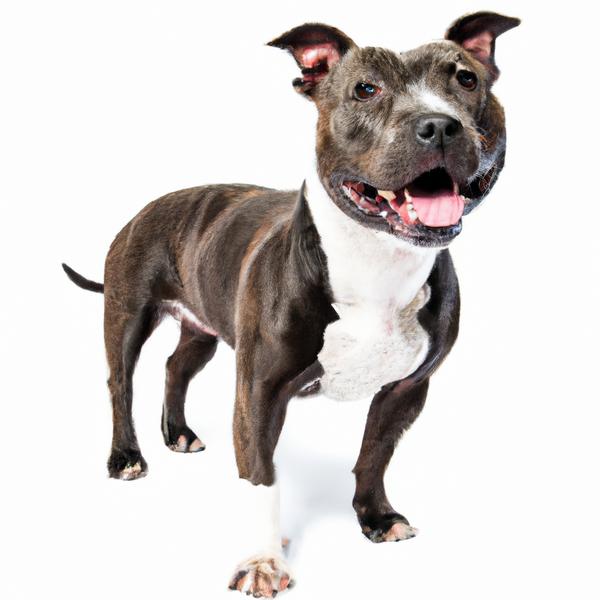
English Bully Staffy Bull Terrier
Huskita vs English Bully Staffy Bull Terrier
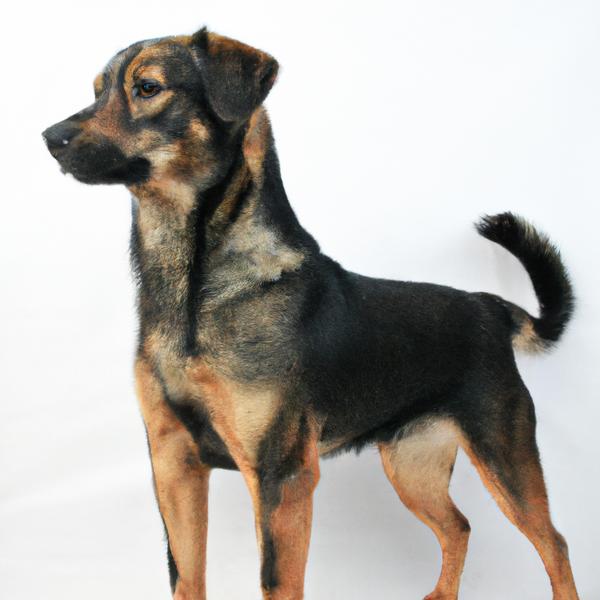
Chesador
Huskita vs Chesador
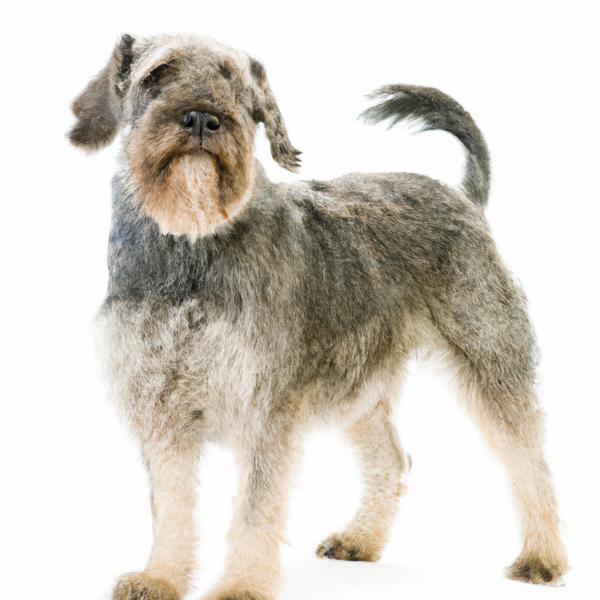
Schneagle
Huskita vs Schneagle
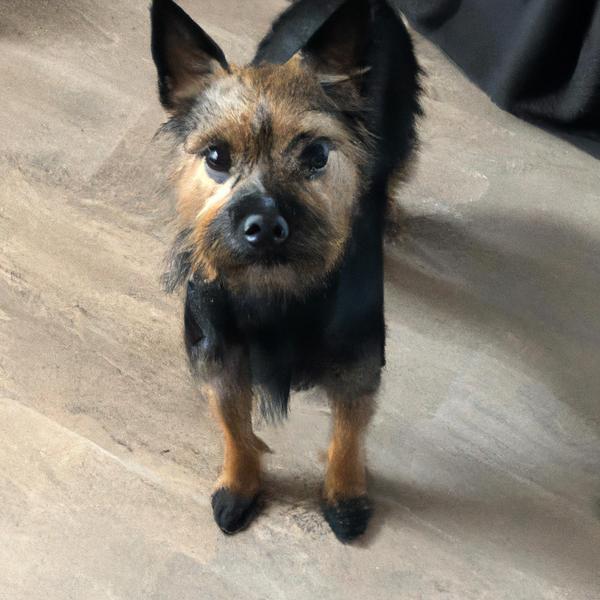
Mini Cairn Pin
Huskita vs Mini Cairn Pin
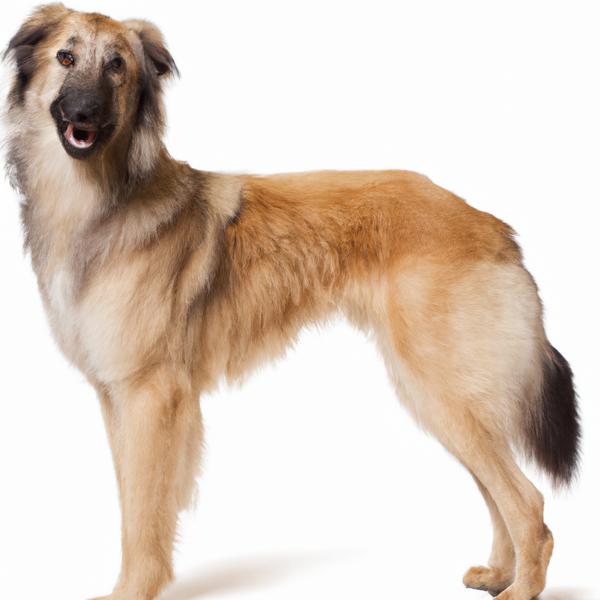
Belgian Laekenois
Huskita vs Belgian Laekenois
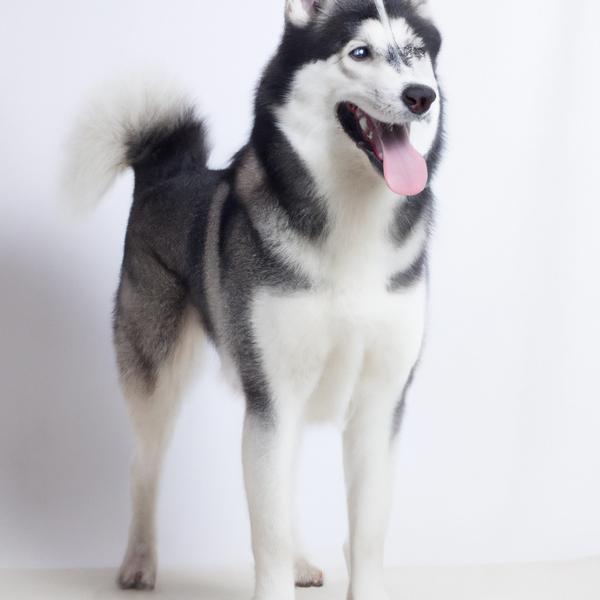
Husker
Huskita vs Husker
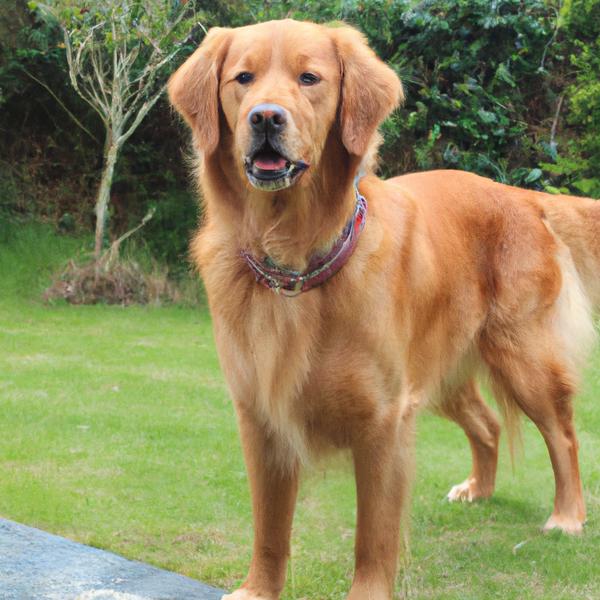
Golden Irish
Huskita vs Golden Irish
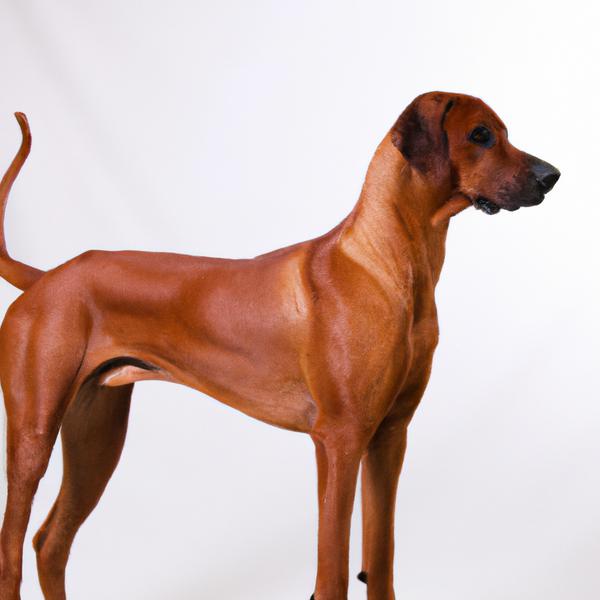
Rhodesian Ridgeback
Huskita vs Rhodesian Ridgeback
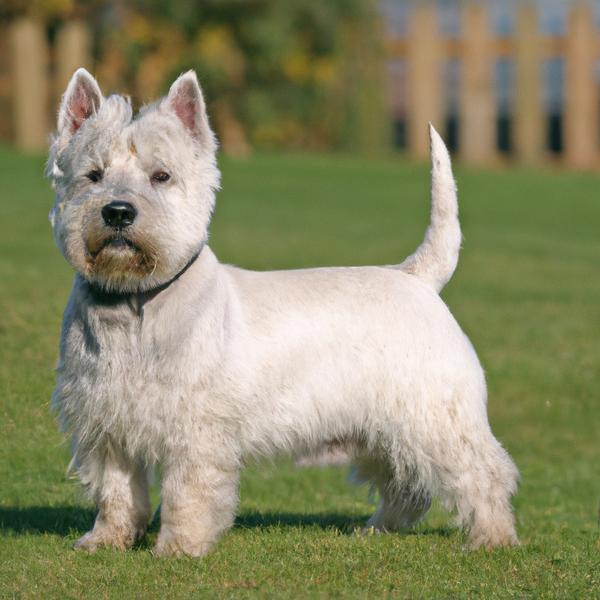
Jack Highland Terrier
Huskita vs Jack Highland Terrier
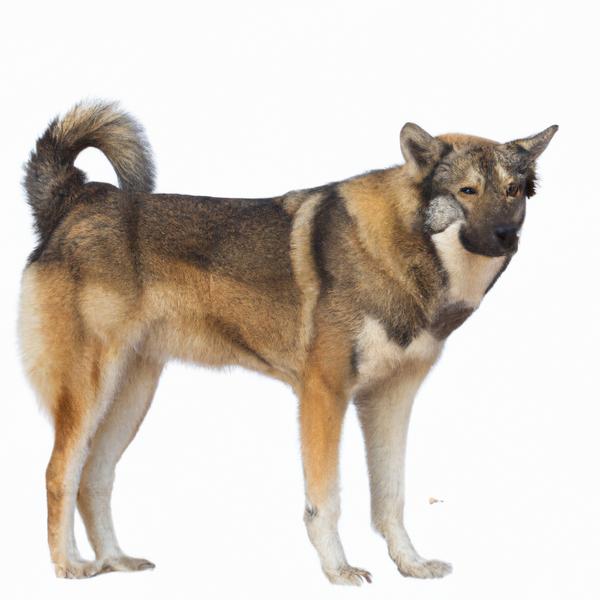
Kashon
Huskita vs Kashon
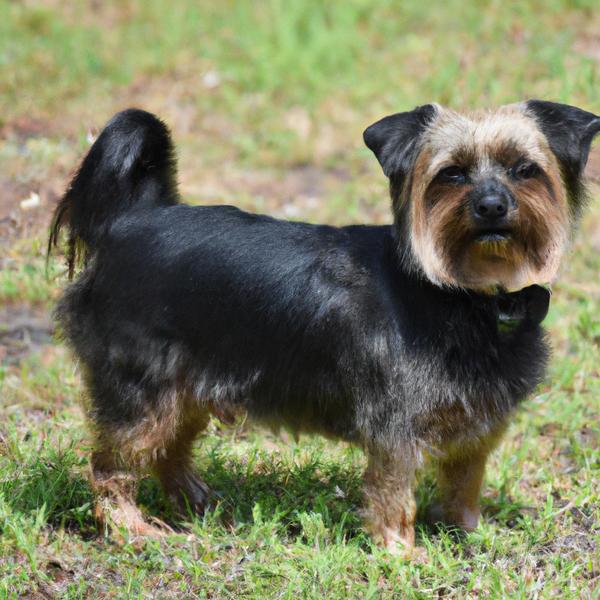
Miniature Schnoxie
Huskita vs Miniature Schnoxie
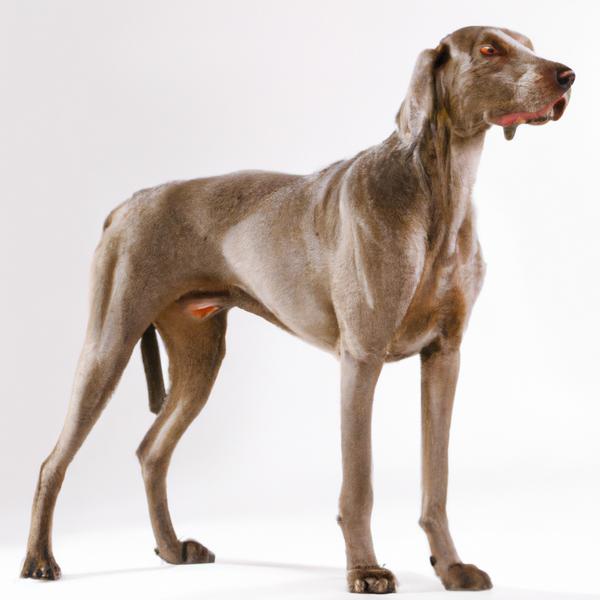
Mauzer
Huskita vs Mauzer